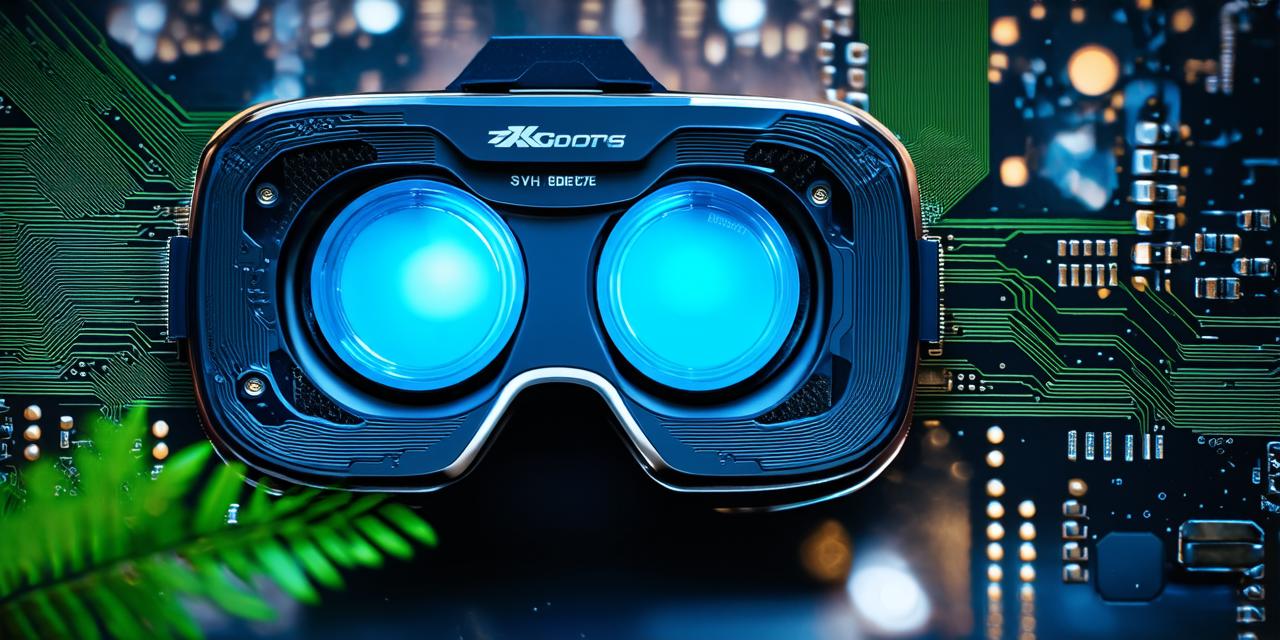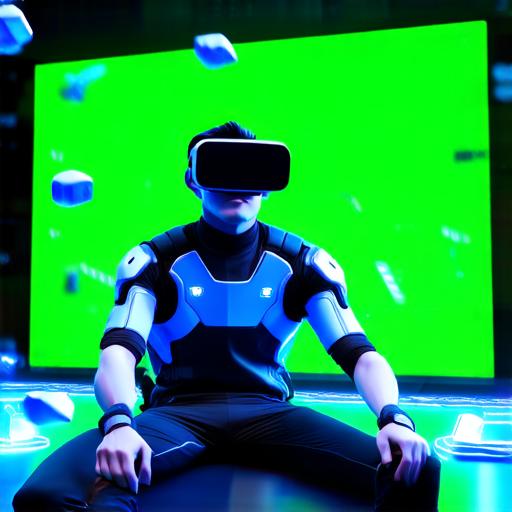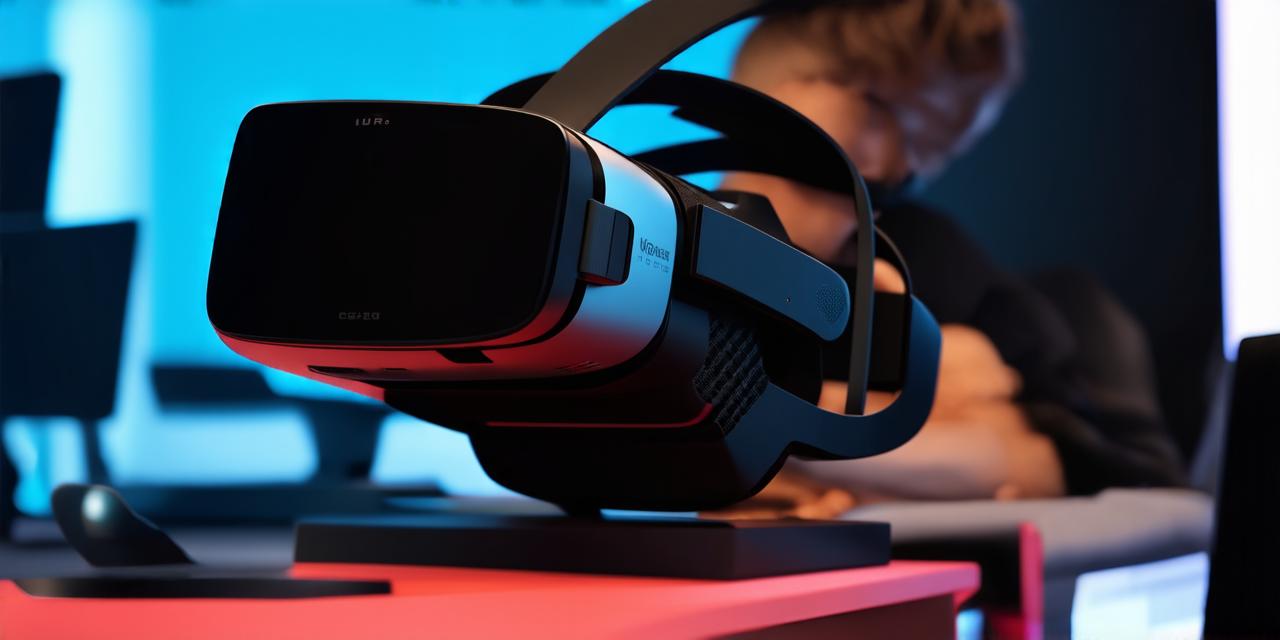
What are the requirements to become a VR developer?
As we delve deeper into the realm of Virtual Reality (VR), it becomes evident that this technology offers a myriad of opportunities for creators and innovators alike.
The Solid Base: Essential Technical Skills
- Advanced Programming: To excel in VR development, mastering programming languages such as C++, C, or Java is essential. These languages provide the foundation for creating complex and interactive applications.
- 3D Graphics and Mathematics: A strong understanding of concepts like vectors, matrices, and transformations is crucial for crafting realistic 3D environments that immerse users in a virtual world.
- Familiarity with Game Engines: Unity and Unreal Engine are popular choices for VR development due to their versatility and extensive support for VR projects. These engines offer a platform to build, test, and deploy your creations.
The Immersive Experience: VR-Specific Skills
- Mastering VR Hardware: Knowledge of various headsets like Oculus Rift, HTC Vive, or Google Daydream is vital. Familiarize yourself with their capabilities and limitations to create optimized applications that provide an immersive experience.
- Integrating Motion Tracking and Input Devices: Learn how to incorporate motion controllers and other input devices into your applications for a seamless user interaction.
- Optimization Techniques: VR applications require significant computational power. Master optimization techniques to ensure smooth performance, even on less powerful hardware.
The Path Less Traveled: Real-Life Examples
The journey of Palmer Luckey, the founder of Oculus VR, serves as an inspiring example. Starting as a hobbyist, he built his first prototype in his garage and went on to create one of the most successful VR companies today. His story underscores the importance of passion, determination, and self-learning in the world of VR development.
The Horizon: Opportunities Await
The VR industry is expanding rapidly, with applications ranging from gaming and entertainment to education, healthcare, architecture, and beyond. As a VR developer, you’ll be at the forefront of this revolution, shaping the future of technology and pushing the boundaries of what’s possible in virtual reality.
FAQs
Q: What tools are essential for VR development?
A: Unity and Unreal Engine are popular choices for VR development due to their versatility and extensive support for VR projects.
Q: Is a degree necessary to become a VR developer?
A: While a degree can be beneficial, self-learning and practical experience are also valid paths to becoming a VR developer.

In Conclusion
The road to becoming a VR developer is challenging yet rewarding.

